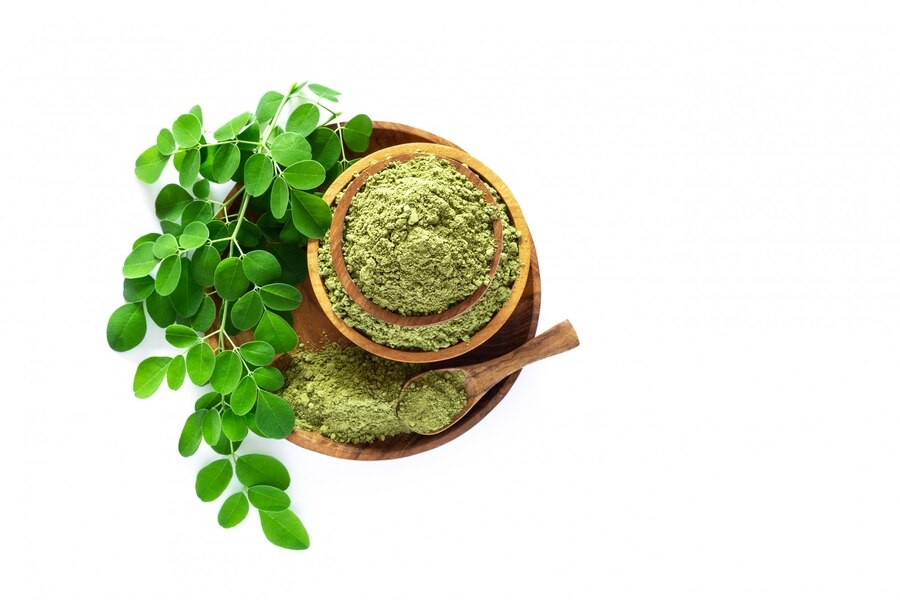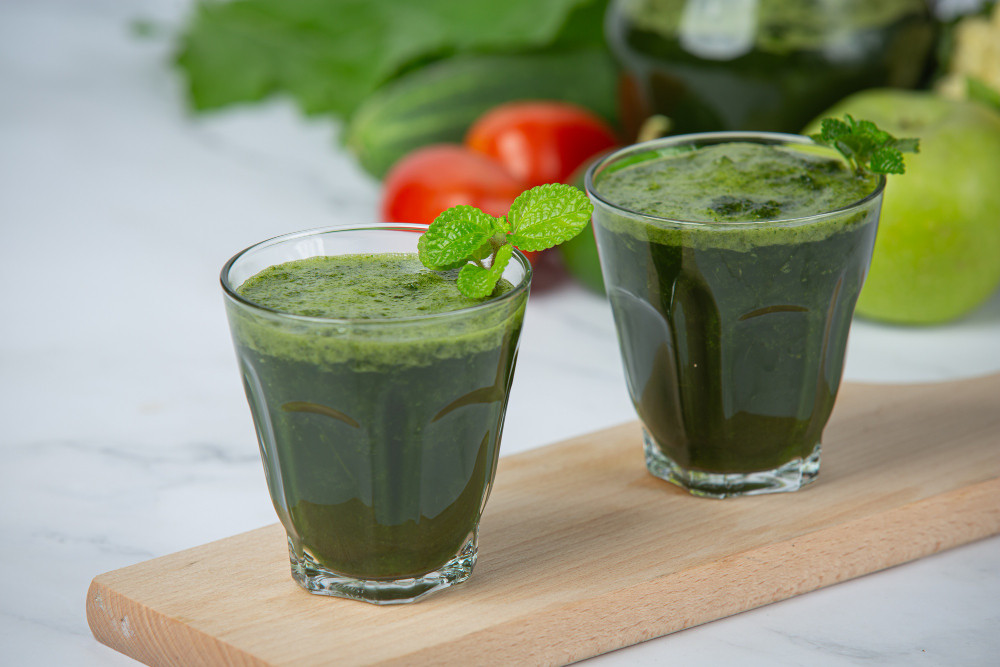Ginkgo biloba, a plant with unique-shaped leaves, has been used in traditional Chinese medicine for centuries and is believed to have various health benefits. It contains active compounds such as ginkgolide and bilobalide that have antioxidant properties.
Antioxidants protect our body cells from free radical damage. Although research on the benefits of ginkgo biloba is still controversial and provides inconsistent or inconclusive results, many studies show its health benefits. For instance, it can improve cognitive function and blood circulation. Let's dive deeper into the benefits of taking ginkgo biloba supplements and explore the daily dosage required to experience these benefits.
Claims Regarding The Benefits Of Ginkgo Biloba
There are several claims regarding the benefits of taking ginkgo biloba supplements. Here are some of the claims and the results of related studies:
Reduces anxiety symptoms
According to a study by Dr. Willmar Schwabe Pharmaceuticals, taking the ginkgo extract EGb 761 for four weeks can help to slightly reduce anxiety symptoms. The antioxidant content of ginkgo is suspected to affect the reduction of anxiety symptoms.
It is important to remember that anxiety is a complex condition that many factors can influence. Therefore, the response to this supplement may vary for each individual, and it is too early to conclude existing research.
Improve the symptoms of dementia
Research on the effects of ginkgo on cognitive function and dementia is still inconsistent. Several studies show that Ginkgo biloba slows the cognitive decline rate in dementia patients, but some studies do not show similar results.
Studies have shown that regular consumption of ginkgo biloba can lead to a significant reduction in the symptoms of dementia. This improvement is likely linked to the positive effect of the plant on enhancing blood flow to the brain. Individuals can potentially benefit from consuming ginkgo if they have dementia caused by poor blood flow in the brain. However, it is still too early to confirm this, and further research is needed to establish the efficacy of ginkgo in treating dementia symptoms.
Also read: When It Is Necessary To Drink The Calcium Supplement
Reducing the symptoms of Premenstrual Syndrome (PMS)
PMS is a condition that causes a variety of physical and emotional symptoms in some women for several days to two weeks before the first day of menstruation. These symptoms can include chest pain, fatigue, mood changes, insults and feelings of sadness, headaches, changes in appetite, and sexual excitement.
While further research is needed to determine the relationship between ginkgo and PMS symptoms, studies suggest that taking ginkgo supplements may provide relief for the symptoms of PMS.
Schizophrenia
Schizophrenia is a mental disorder that affects the way a person thinks. Therapy for schizophrenia includes antipsychotic drugs and psychotherapy. Studies suggest that taking ginkgo extracts along with antipsychotic drugs can help reduce the symptoms of schizophrenia. It may also lessen some of the side effects caused by drugs, such as thirst or constipation.
It has a positive effect on blood circulation
Ginkgo is believed to have many benefits, including improving blood flow to different parts of the body and reducing the risk of blood clots. Studies conducted on heart disease patients who took ginkgo showed increased blood flow to various tissues. Additionally, ginkgo may have a protective effect on heart and brain health, based on other research studies.
Some studies suggest that ginkgo supplements may not significantly affect blood pressure. Further research is necessary to fully understand the effects of ginkgo on heart health and blood circulation.
Also read: Vitamins And Mineral Supplements Needed By The Elderly, Anything?
Is It Safe to Consume The Ginkgo Biloba Supplement?
Ginkgo biloba is generally safe for most individuals as long as it is taken in moderation. However, it is important to note that when consumed with certain blood-thinning medications or nonsteroidal pain medications, it may increase the risk of bleeding. It is also not recommended for pregnant women and individuals with bleeding disorders to consume ginkgo, as it may pose a safety risk.
There is no set dosage that can be recommended based on age, gender, or medical history for the ginkgo biloba supplement. However, the recommended doses are 120–160 mg twice a day, 40 mg three times a day, or 80 mg twice daily. Before taking any ginkgo biloba supplements, it is advised to consult your doctor to ensure safety and learn about possible effects.
You can also access health consultations by downloading the Ai Care app through the App Store or Play Store to learn about health supplement consumption.
Want to know more information about nutrition, food, and other diet tips? Click here!
Ansley Hill (2018). 12 Benefits of Ginkgo Biloba (Plus Side Effects & Dosage). [online] Healthline. Available at: https://www.healthline.com/nutrition/ginkgo-biloba-benefits.
Webmd (2019). Ginkgo: Uses, Side Effects, Interactions, Dosage, and Warning. [online] Webmd.com. Available at: https://www.webmd.com/vitamins/ai/ingredientmono-333/ginkgo.
Health. (n.d.). What Is Ginkgo Biloba? [online] Available at: https://www.health.com/ginkgo-biloba-7499668.
Better Health Channel (2012). Antioxidants. [online] Vic.gov.au. Available at: https://www.betterhealth.vic.gov.au/health/healthyliving/antioxidants.
NHS (2019). PMS (premenstrual syndrome). [online] NHS. Available at: https://www.nhs.uk/conditions/pre-menstrual-syndrome/.
Mayo Clinic (2020). Schizophrenia - symptoms and causes. [online] Mayo Clinic. Available at: https://www.mayoclinic.org/diseases-conditions/schizophrenia/symptoms-causes/syc-20354443.
Zhao, S., Zheng, H., Du, Y., Zhang, R., Chen, P., Ren, R. and Wu, S. (2021). The Clinical Efficacy of Ginkgo biloba Leaf Preparation on Ischemic Stroke: A Systematic Review and Meta-Analysis. Evidence-Based Complementary and Alternative Medicine, 2021, pp.1–10. doi:https://doi.org/10.1155/2021/4265219.











